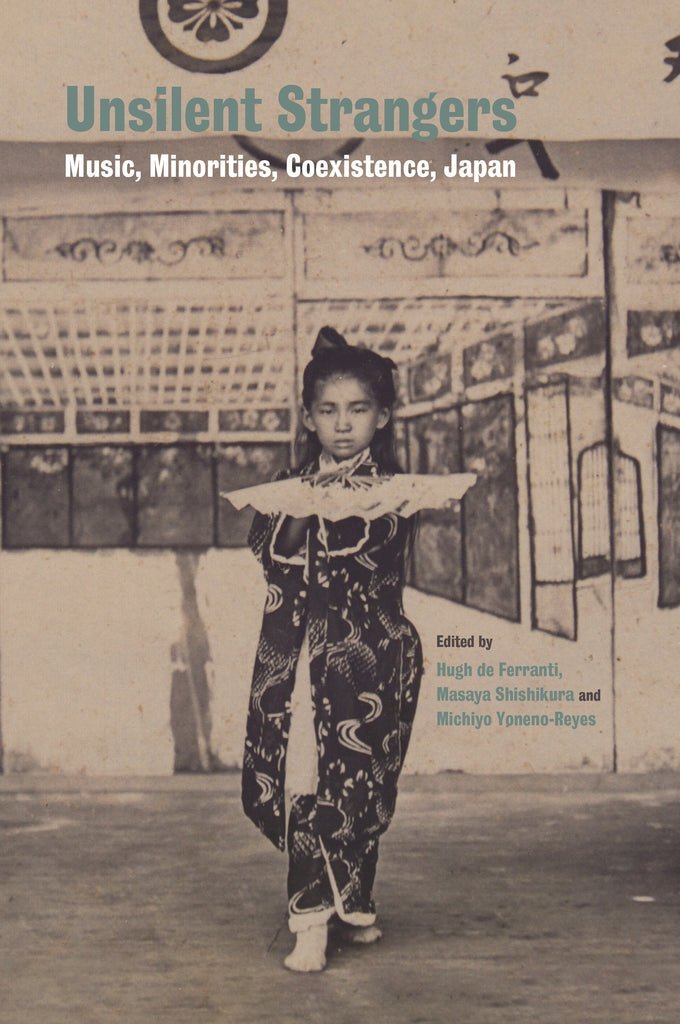Unsilent Strangers: Music, Minorities, Coexistence, Japan
$42.00 SGD
Edited by Hugh de Ferranti, Masaya Shishikura and Michiyo Yoneno-Reyes
With contributions from Minako Waseda, Takako Inoue, Kylie Martin, Saitō Shunsuke, Matt Gillan, Sawan Joshi, Sawako Ishii, Nahid Nikzad
This collection of essays on the music of migrant minorities in and from Japan examines the central role music plays in the ongoing adjustment, conciliation and transformation of newcomers and “hosts” alike. It is the first academic text to address music activities across a range of migrant groups in Japan––particularly those of Tokyo and its neighbouring areas. It is also the first to juxtapose such communities with those of Japanese emigrants as ethnic minorities elsewhere. It presents both archival and fieldwork-based case studies that highlight music in the dynamics of encounter and attempted identity making, under a unifying framework of migration.
A radical change in policy with the introduction of a new “Specified Skilled Worker” visa category marked the beginning of Japan’s “new immigration era” in 2019 (imin gannen). The authors in this volume interrogate and shed light on the bureaucratically disseminated slogan of tabunka kyōsei, rendered in English as “multicultural coexistence”. The concept itself and the many problems of realizing this ideal are examined through ethnography-based accounts of current minorities, including South Indians, Brazilians, Nepalis, Filipinos, Iranians and Ainu domestic migrants, and in light of comparative historical accounts of California and Australia. This volume will be of interest to ethnomusicologists, students of the cultures of migrant communities, and those engaged with cultural change and diversity in Japan and East Asia.
“Unsilent Strangers is a scholarly work that allows us to listen for ways by which music expresses minority identities in and through Japan. Together, these essays demonstrate ways by which music matters, as not merely a cultural idiom, but as a vital and fundamental part of our coexistence with each other.”
- Christine Yano, University of Hawai`i, Manoa
Hugh de Ferranti is a researcher of Japanese music culture and history. He is the author of The Last Biwa Singer: A Blind Musician in History, Imagination and Performance (Cornell University Press, 2009).
Masaya Shishikura is an associate professor at Huizhou University and a research fellow at Tokyo Institute of Technology. His research focuses on geographical and social frontiers of Japan.
Michiyo Yoneno-Reyes is a professor in the School of International Relations at the University of Shizuoka. She has written extensively about the music and culture of the Philippines and Filipinos.
Publication Year: 2023
320pp / 229 x 152mm
16 figures, 11 tables, 37 b/w images
Paperback
ISBN: 978-981-325-236-3

